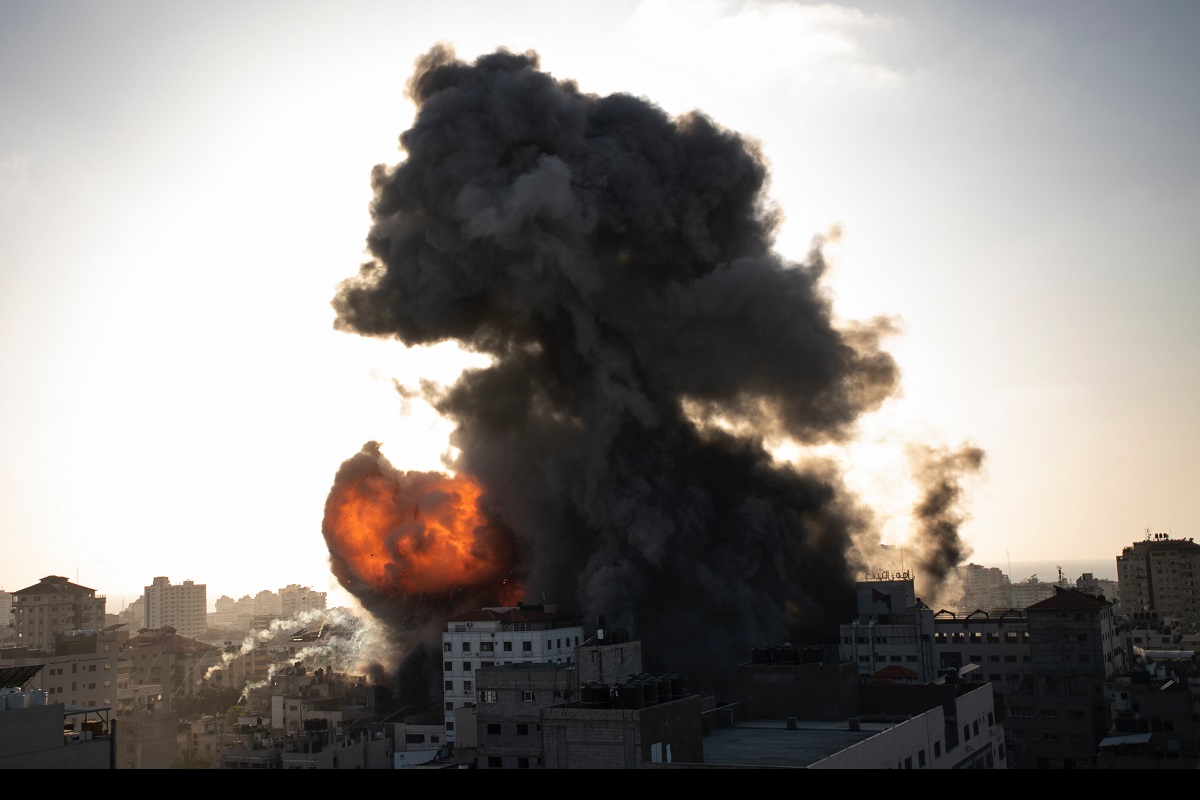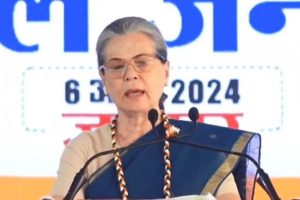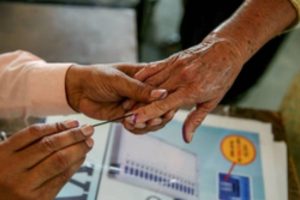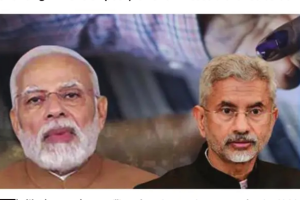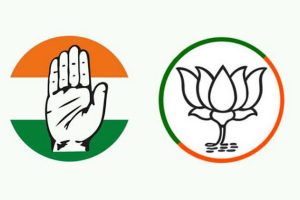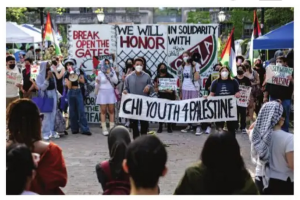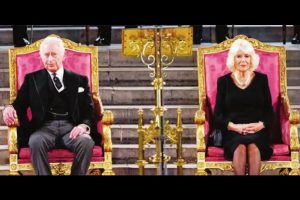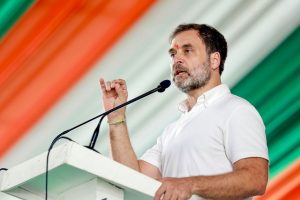The violence is said to be the worst in years. With governance in limbo in Israel, the Middle East, explosive even in normal times, is in ferment yet again. The country’s Prime Minister, Benjamin Netanyahu, has declared a state of emergency in the central city of Lod after rioting by Israeli Arabs. This is the first time since 1966 that the government has used emergency powers over an Arab community, a fact that reaffirms the magnitude of the conflict.
Over the past couple of days, the confrontation between Israeli forces and Palestinian militants has intensified. At least 40 people had perished till Wednesday morning. The Palestinians said they fired hundreds of missiles at the Israeli capital of Tel Aviv after an Israeli air strike demolished the Hanadi Tower in the Gaza Strip on Tuesday.
Hamas, the militant group that rules Gaza, said it had launched rockets at Tel Aviv and its suburbs in response to “the enemy’s targeting of residential towers”. Israel’s military says it is targeting militants in Gaza in response to rocket attacks on Jerusalem and other areas. The fighting came after weeks of mounting tension that was stoked by violent confrontations between Israeli police and Palestinian protesters at a site in Jerusalem that is holy to both Muslims and Jews.
The enormity of the current crisis in the Middle East has deepened in the closing stage of the month of Ramadan and on the eve of Eid, profound occasions both. The international community has reacted with remarkable promptitude, urging both sides to end the escalation. The UN’s Middle East peace envoy, Tor Wennesland, said the crisis was “escalating towards a full-scale war”.
Protests by Israeli Arabs broke out in Lod, a city near Tel Aviv, and escalated to full-scale rioting, with protesters throwing rocks at police, who responded with stun grenades. The protests followed the funeral of an Israeli Arab man who died during unrest in the city a day earlier. There has also been unrest in other cities with large Israeli Arab populations, as well as in East Jerusalem and the West Bank.
The fighting between Israel and Hamas was triggered by days of escalating clashes between Palestinians and Israeli police at a holy hilltop compound in East Jerusalem. The site is revered by both Muslims, who call it the Haram alSharif (Noble Sanctuary), and Jews, for whom it is known as the Temple Mount. Hamas demanded that Israel remove police from there and the nearby predominantly Arab district of Sheikh Jarrah, where Palestinian families face eviction by Jewish settlers.
Hamas launched rockets when its ultimatum went unheeded. Palestinian anger had been stoked by weeks of rising tension in East Jerusalem, inflamed by a series of confrontations with police since the start of the Islamic holy month of Ramadan in midApril. The occasion is profound and the world must hope that peace returns.

